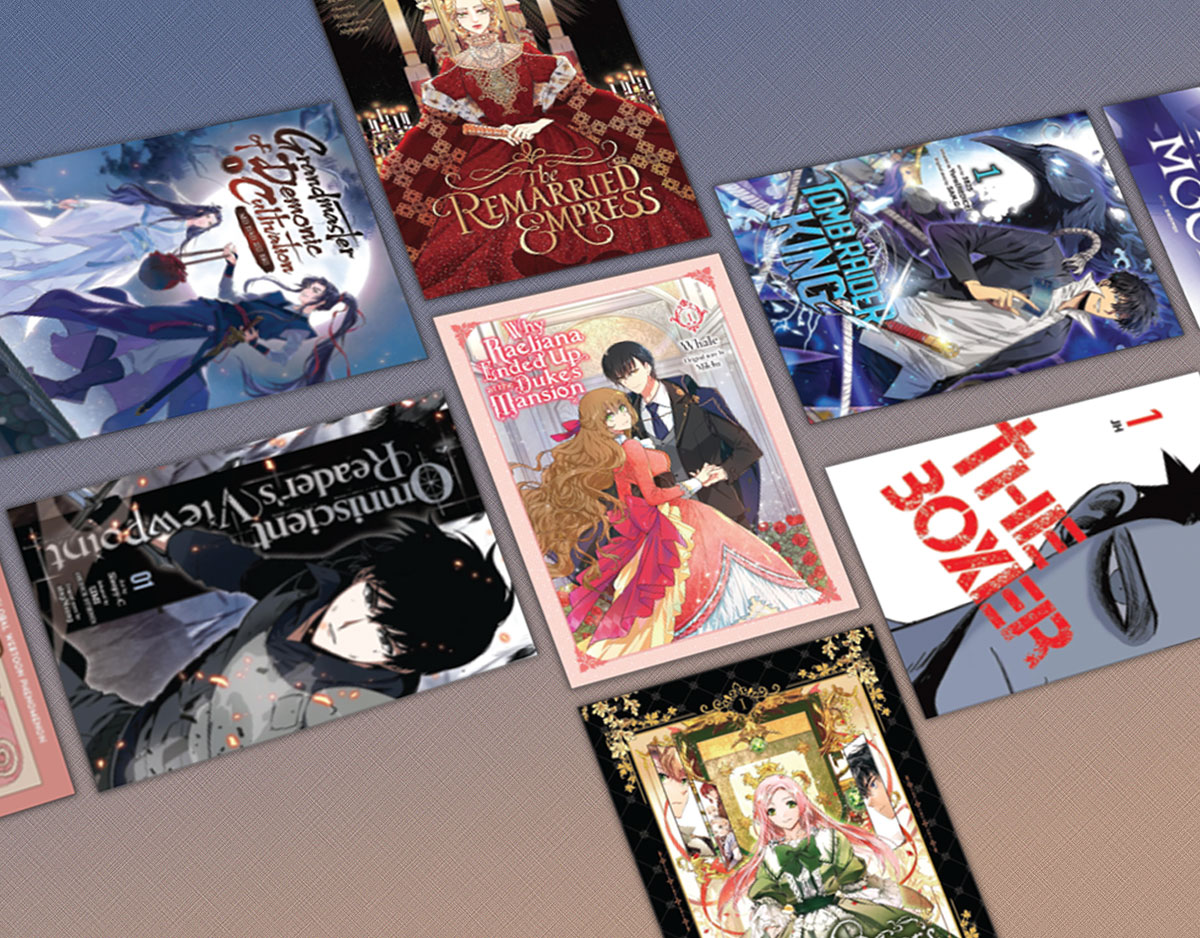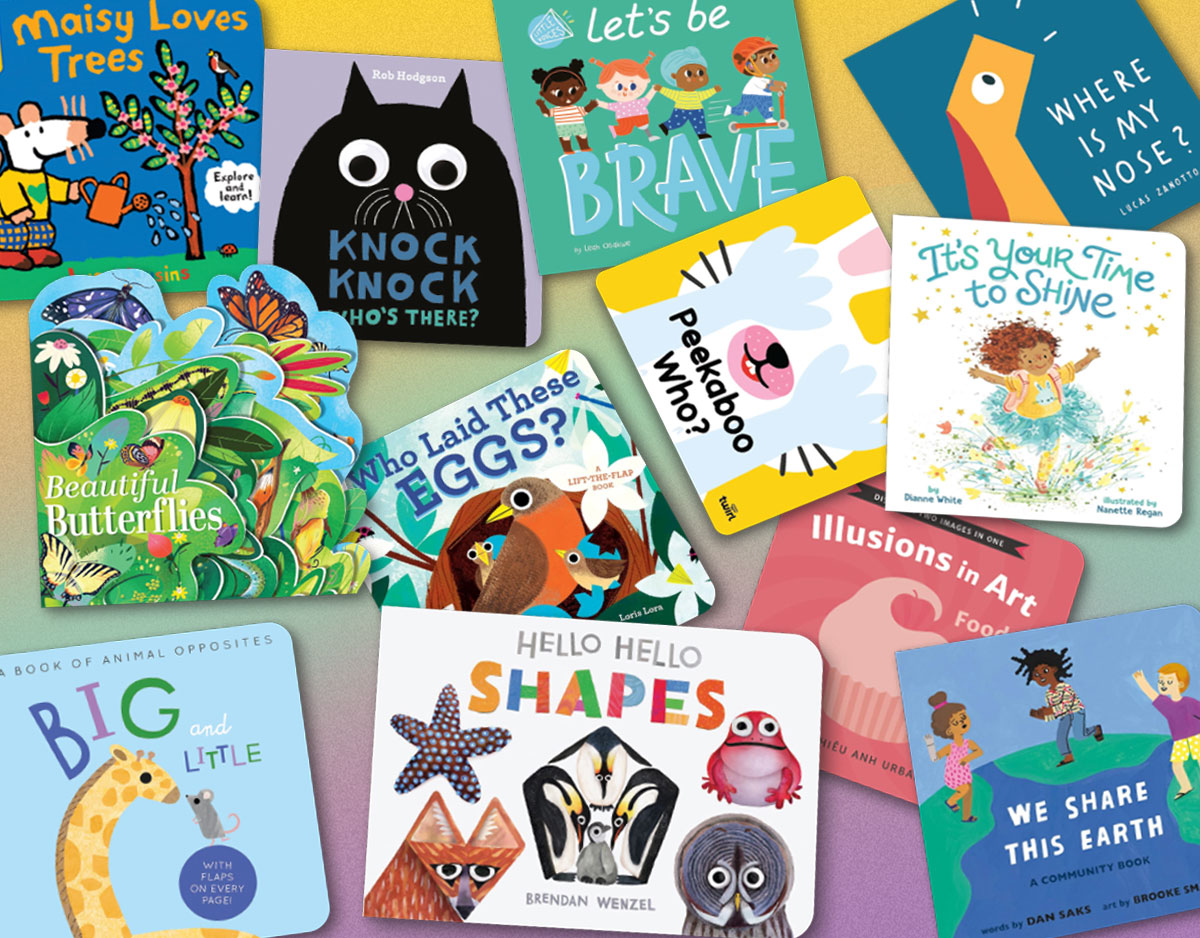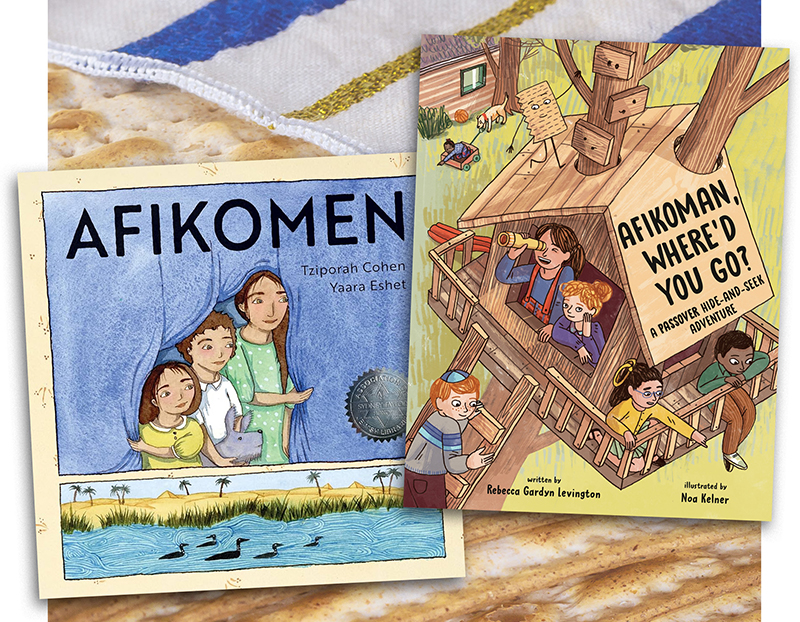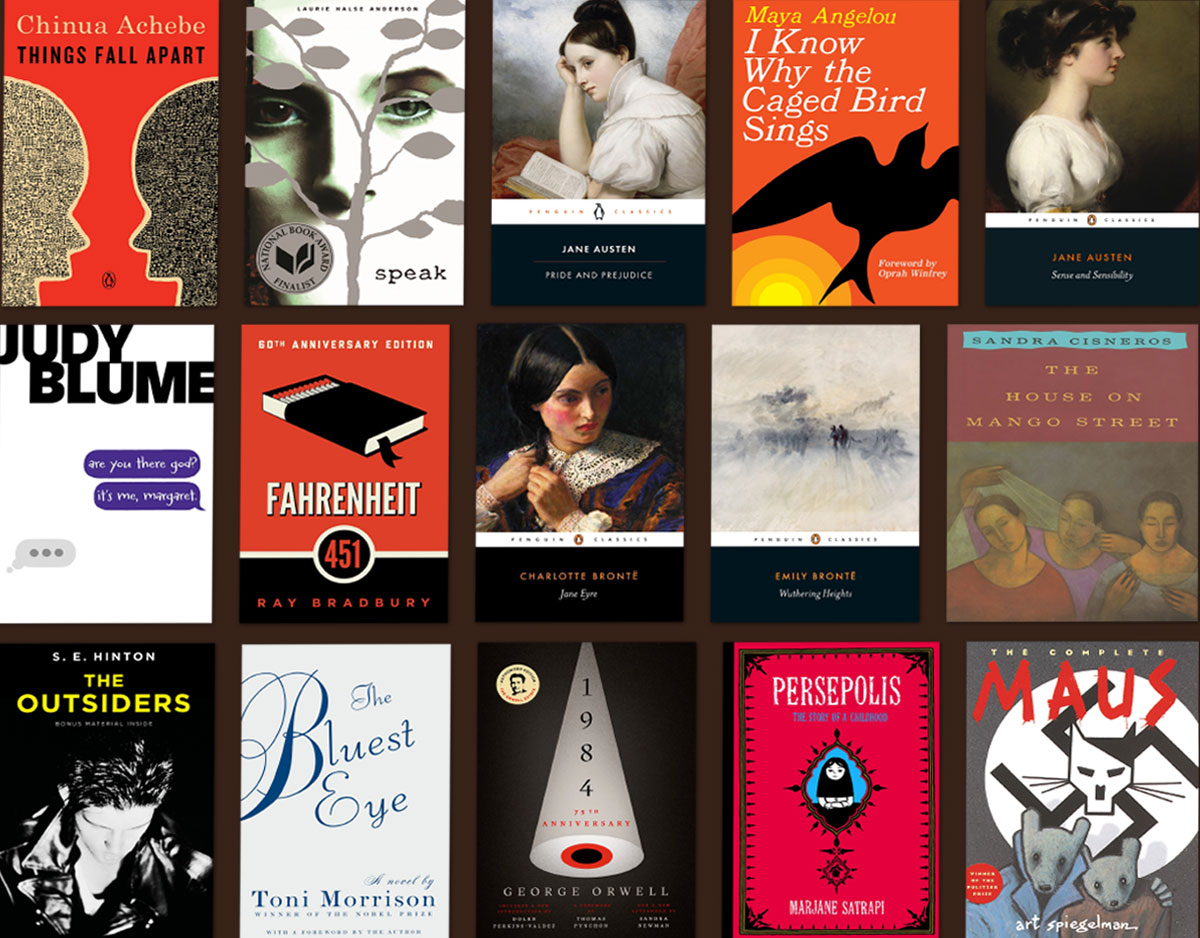SCROLL DOWN TO READ THE POST
Dickens the Media King (2): A Few Words with Author Lewis Buzbee

As a follow-up to yesterday’s consideration of Dickens and media, I decided to seek out someone who knows much more about Dickens’s legacy and his relationship with media, then and now, than I ever will. Author of the middle grade novel Steinbeck’s Ghost, which was a Smithsonian Notable Book, Lewis Buzbee went on to write The Haunting of Charles Dickens… which won the Northern California Book Award, was named a Judy Lopez Memorial Award Honor Book, and was even nominated for an Edgar Award. Of the many remarkable things that Buzbee achieves in this period-perfect mystery is not only bringing Dickens to life as a flesh-and-blood person, but also, through its engaging young female protagonist, creating a bridge between the author’s nineteenth century work and today’s MG and YA literature.
To put it mildly, then, I was delighted to get a chance to talk with Buzbee in the midst of all the celebration surrounding the Dickens Bicentenary.
Recently, and understandably, there’s been a lot written about the ongoing relevance of Dickens. What’s your take on that question?
Lewis Buzbee: What I find so relevant still about Dickens is the amazing and quite modern energy of his prose. He puts to shame most writers when it comes to his range—snap and crackle, tragedy and comedy, all rolled into one. Just look at the urgent telegraph of the opening to Bleak House. He entertains in so many ways in every single paragraph. It’s important to remember that Dickens was a journalist who reported on what was new, what was exciting, what was current. We see him, sometimes, as old-fashioned now. He was anything but that. He was on top of his ever-changing world—a world that might have actually been changing faster than we claim our own does—and there’s excitement in that.
ADVERTISEMENT
ADVERTISEMENT
As you render vividly in your novel, Dickens was quite a celebrity in his day. What would he have made of his continuing popularity these days, and how might he handle it if we could bring him here in a time machine? For example, could you see him producing his own films, or taking the time out of his writing to tweet to fans?
LB: Dickens, it’s clear, both loved being “rock star” famous, and found it a great burden. The more his stature grew, the more he fed it, but at the same time found himself trapped on all sides—via family, friends, fans—by his fame. On some level he remained that impoverished 12-year-old, who both craved approval yet found himself unworthy.
If he were here today, there’s no doubt his industry would remain. It’s startling how much he achieved and created in his life; along with this novels, there were the magazines and newspapers, the publishing houses, the theatrical productions and his readings, his charity work, his political work. It’s hard to imagine him sleeping. Industrious, indefatigable. He’d be on Facebook, would be tweeting constantly, and not only would he make his own films, he’d probably have several TV shows in the works at the same time. His drive—and the talent behind that drive—was immeasurable.
Speaking of pop culture, which of the many worthy Dickens adaptations has struck a chord with you?
LB: Polanski’s Oliver Twist is my favorite of the recent Dickens’s films. He casts young Oliver as a figment of his own youth, his childhood in war-torn Europe, the solitary child in a world torn apart by greed and indifference. This is another reason we turn to gratefully to Dickens—his insistence that our society, both then and now, refuses to treat its children, the least affluent of its children, with any respect. The global headlines tell us this every day, and Dickens is an essential conscience for us all.
What is the most important thing that is lost when a Dickens narrative travels from prose into another medium? And what’s possibly gained, in your opinion?
LB: It’s clear that what’s lost when translating Dickens to film is the tsunami of his language, the sheer volume and force of it. For instance, the opening of Bleak House, where he goes on for two pages about the fog in London, a zoom-in and zoom-out kaleidoscope of every kind of fog imaginable. You can’t film that. I think it’s why we still read him so much. His world is packed to the rafters with everything else—he created over 2,800 characters in his fiction!—that there’s a lot his work offers to visual media, especially to the verve of animation. And the dialogue carries the same energy. But we lose 80% of him when the prose disappears.
That same volume, that same generosity, of prose can also be daunting to young readers. How might you encourage those who are a bit reluctant to dip their toes in the water?
ADVERTISEMENT
ADVERTISEMENT
LB: For the reluctant reader of Dickens, I can’t recommend any piece more highly than “A Christmas Carol,” which can be best read out of season. John Irving called it “the great short story,” and in a way it is. It never fails to move me, never fails to make me laugh, or cry. It speaks directly—unashamedly so—to a central human condition, understanding our own divided hearts.
What’s the key difference between Dickens’s novels with young protagonists and what is called YA lit today? And is there enough overlap to call him a progenitor of the genre in any sense?
Oliver Twist was the first novel—as opposed to fable or fairy tale—that had a child as the main character. And it’s not merely that the protagonist is a child, the life of the child is taken seriously, considered a valuable life. This is the deepest current in all of his books, his call to understand and respect children. Without Oliver Twist we might not have Huck Finn, and on down the line—Harriet the Spy, Wrinkle in Time, Danny the Champion of the World, The Chocolate War, The Planet of Junior Brown, etc. The best MG and YA books do the same things Dickens was doing; they consider the life of children as worthy of our concern.
Well said, thank you.

***
Lewis Buzbee’s new novel, Bridge of Time, concerns time travel and Mark Twain, and frankly I can’t wait to read it; it’s due out from Feiwel & Friends on May 22. His new nonfiction book, Blackboard: The Life of the Classroom, will be published in early 2013.
Filed under: English, Movies, Transliteracy, YA Literature
About Peter Gutierrez
A former middle school teacher, Peter Gutierrez has spent the past 20 years developing curriculum as well as working in, and writing about, various branches of pop culture. You can sample way too many of his thoughts about media and media literacy via Twitter: @Peter_Gutierrez
ADVERTISEMENT
SLJ Blog Network
2024 Books from Pura Belpré Winners
In Memorium: The Great Étienne Delessert Passes Away
Winnie-The-Pooh | Review
Finding My Own Team Canteen, a cover reveal and guest post by Amalie Jahn
The Classroom Bookshelf is Moving
ADVERTISEMENT
ADVERTISEMENT







